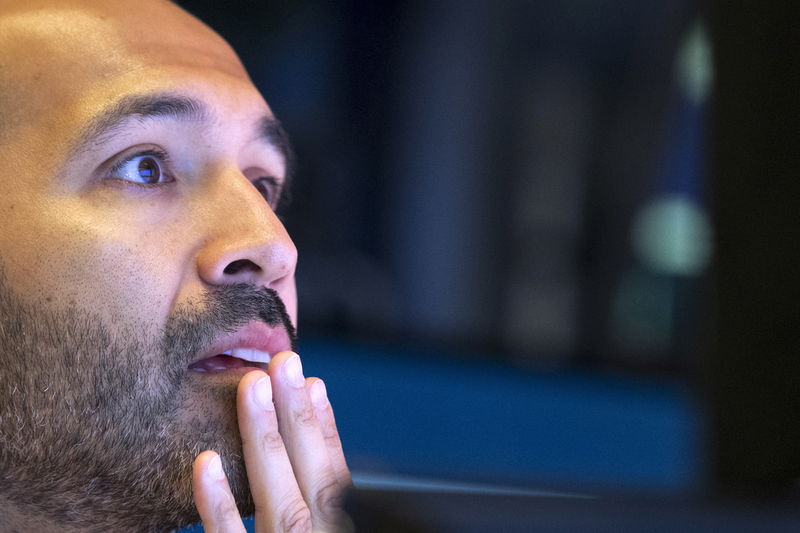There's no question 2022 has been a brutal year so far for investors. With the SPDR S&P 500 ETF Trust (NYSE: SPY (NYSE:SPY)) down nearly 20% year-to-date, Brad McMillan, chief investment officer for Commonwealth Financial Network, recently compiled the Commonwealth team's economic and market outlooks for the second half of the year.
Commonwealth's 2022 Midyear Market and Economic Outlook report focused on four primary economic drivers that will be key to stock market returns in the second half of the year.
Related Link: Nearly 60% Of Americans Approaching Retirement Plan To Work Longer: Survey
Business And Consumers: First, U.S. consumers are strong heading into the third quarter. The economy has averaged around 500,000 new jobs per month so far this year, a positive sign for the economy. In addition, wages are up 5.25% from a year ago, and consumer spending is up 10%.
Business confidence is slightly down from peak levels in November 2021, but it remains well above levels considered expansionary for the economy.
Related Link: Oil Stocks Drop As Biden Pushes For Gas Tax Holiday
Government And Trade: Unfortunately, government policies have transitioned from a strong tailwind to a strong headwind in the first half of the year. In addition to an end to pandemic stimulus spending, the Federal Reserve has raised interest rates by 1.5% so far this year to combat inflation. With prices still on the rise, Commonwealth is anticipating the fed funds rate will continue to rise to between 3.25% and 3.5% by the end of the year.
Finally, the Commonwealth said international trade has been a headwind for the U.S. economy this year. Imports are up 7.59%, while exports are up just 2.84%. The U.S. trade deficit widened to a record $109.8 billion in March, and Commonwealth estimates the first-quarter trade deficit dragged down U.S. GDP growth by 3.2%.
Fortunately for investors, McMillan says the overall economic outlook remains positive heading into the second half of the year.
"Consumer confidence has pulled back on rising gas prices, and the housing market has slowed notably. Still, we believe the economy has enough momentum to keep growing into 2023," McMillan said.
Benzinga's Take: The biggest question for investors will be can the Fed bring down inflation without triggering a U.S. recession. Historically, S&P 500 bear markets associated with U.S. economic recessions have been far more severe than those not associated with recessions.
© 2022 Benzinga.com. Benzinga does not provide investment advice. All rights reserved.
Read at Benzinga
